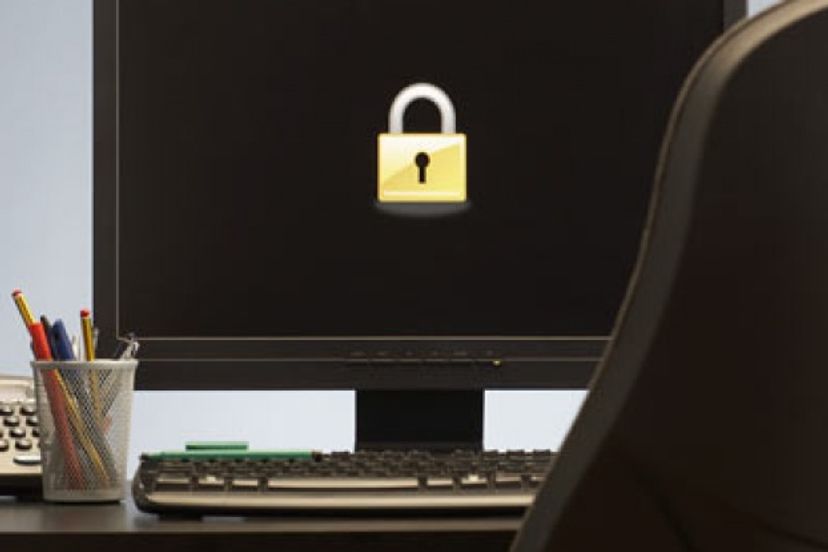
About This Quiz
Yes, computers can make life easier, but they also can put your private information at risk. Find out how much you know -- or don't know -- about computer security by taking our quiz.Encryption refers to the practice of encoding data so that only someone with the right key can read it. Clever code breakers can sometimes crack encrypted messages, requiring security experts to devise more complex encryption algorithms.
A hash or hash value is a string of characters that represent encrypted data. You create a hash value by running data through a hashing algorithm.
SSL stands for Secure Sockets Layer, a form of public key encryption.
Advertisement
A firewall acts as a filter for an Internet connection. It monitors incoming data and blocks certain data packets.
Proxy servers act as middlemen for the Internet. They retrieve Web pages and send them to computers, which means the computer in question never has to deal with the server hosting the Web page directly.
A botnet is a network of computers that have transformed into bots -- devices under the control of a third party.
Advertisement
A Distributed Denial of Service attack uses computers to send millions of message requests to a server with the goal of overwhelming and crashing the server. A large DDoS attack can affect global Internet traffic.
Traditionally, a computer virus is a line of code or a function within a larger computer program. While not all computer viruses are harmful, the most famous ones can cause a lot of damage.
Phishing refers to a technique designed to fool innocent people into sharing private information like bank account numbers and credit card information.
Advertisement
A black hat hacker is someone who actively attempts to infiltrate secure systems or build computer viruses with the intent to cause mischief or steal information.